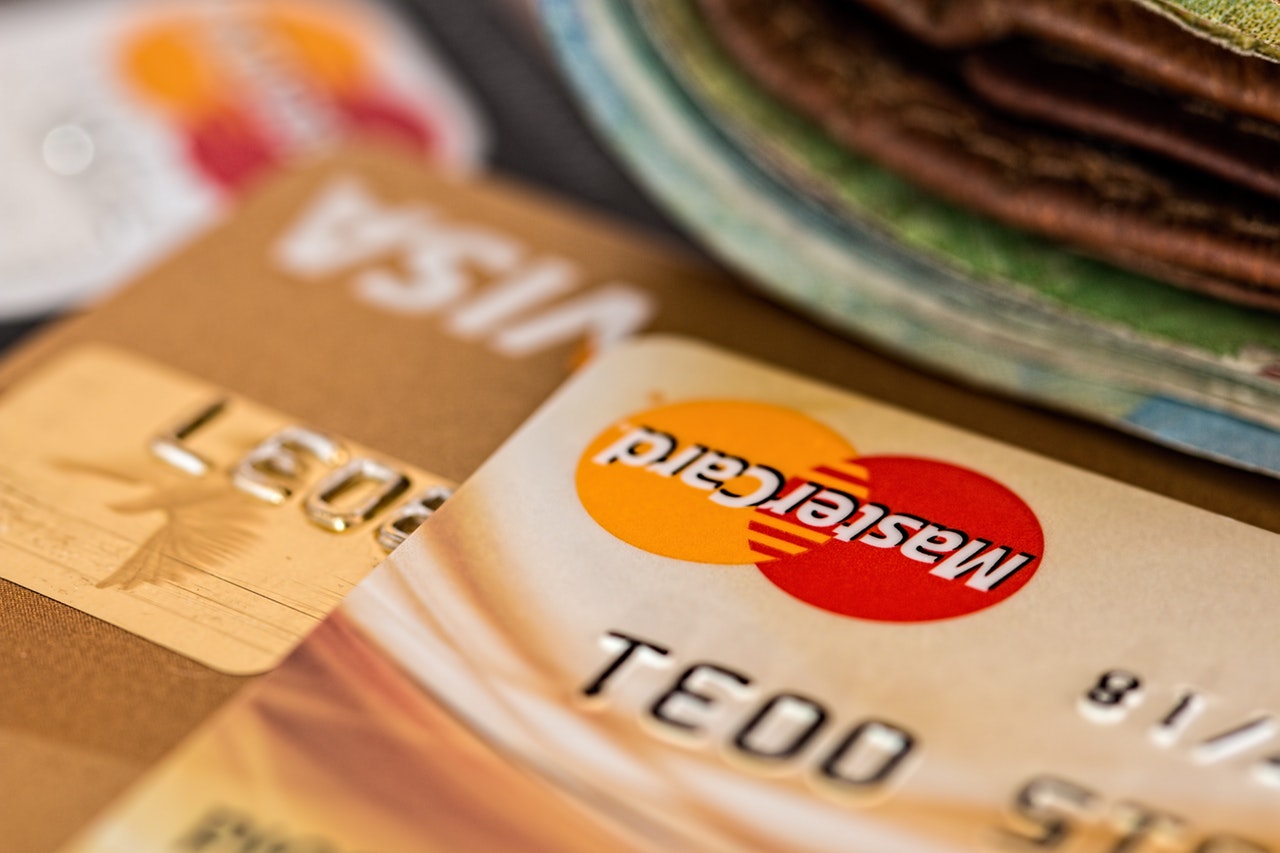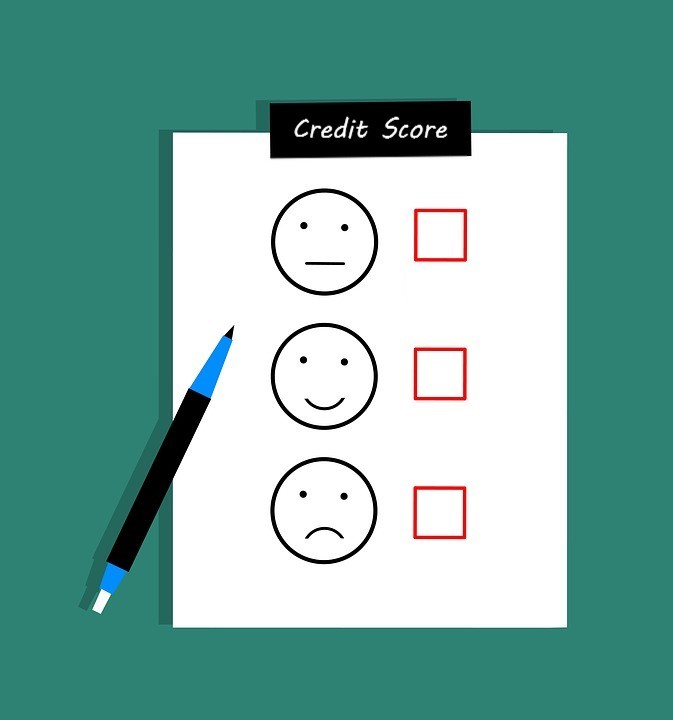


Death and taxes. Inevitable facts of life, right? What if I were to add debt to that famous duo? Death, taxes, and debt. It may not have the same ring to it, but for most of us, debt is just as sure a thing.
But is all debt bad? Sure, we’ve all made some bad financial decisions. Maybe you’ve recovered from yours, or maybe you’re still paying off that tropical getaway charged to your Visa. Or regretting that brand-new car smell you had to have instead of hitting up the used car section.
The thing about that new car is that it depreciates and loses its charm over time. Unlike debt. It arguably never has charm and it definitely does not depreciate. It’s the gift that keeps on giving. Or as Charles Stross put it: “Only debt is forever.”
It sounds almost romantic, doesn’t it? But as with romance, there’s a good way and a bad way to go about debt. Let’s start with the good way.
Good Debt



If you use debt correctly, you can increase your income and net worth and not break the bank.
Education
Probably nothing else is engrained in us as much when we’re growing up as the value of a good education.
A university education in the US is not cheap. And you don’t have to look far to see that student debt is growing fast in our country. However, if you’re going to have debt, let it be for something that’s worth it in the long run and does actually keep on giving:
- A Georgetown University study found that the difference in earnings between a college grad and a high school grad can reach 1 million dollars over a lifetime. We can safely say that college grads typically earn more over their lifetime than high school grads.
- Student loans normally have
low interest rates, especially federal student loans
Mortgage
Hands down this is one of the scariest and largest purchases you’ll ever make. Financial implications and numbers aside, it’s where you will live and create memories. I walk into my backyard and see countless barbecues and birthday parties already. And I’m a relatively new homeowner. I can’t even begin to imagine the memories my house will hold ten or fifteen years down the line.
And while I still may be paying the mortgage on my house, it is good debt.
- A home, be it a condo, house, or even a rental property that someone will call home, is an investment that will potentially appreciate in value over time. Be in debt now so your initial investment is worth
more later.
- Also, mortgage interest rates tend to be lower than interest rates for other types of debt.
Small business loans
Maybe you dream about opening up your own business. A small business is a risky venture, but if it goes well, it can drastically increase your future earnings.
Unless you have a rich uncle, however, you’ll likely need some assistance getting started. Good news!
- SBA loans typically have lower down payments and interest rates, and flexible overhead requirements.
- Get informed about all the available options for small business owners and entrepreneurs before making a decision.
Those forms of debt that can give you more money in the long run. But as I’ve said before, not all debt is created equal.
Bad Debt



The common denominator with debt from student loans, mortgages, and small businesses is the return those investments can give you.
Your student education will hopefully help you get more and better employment opportunities.
Your mortgage will give you real estate whose value increases over time.
Your small business loan will ideally lead to a successful business.
Let’s flip the coin now to bad debt. You have nothing to show for bad debt except for the fact that you’ve spent a significant amount of money. These types of debt typically carry high interest rates, making it hard for the borrower to pay back in a timely manner. Remember that tropical getaway that you put on your Visa? You’re not the only one.
Credit card debt
This is probably the most common form of bad debt in the United States.
With an average APR at 16.86% and average balance of $6,348, credit card debt is never kind to consumers. In fact, in 2018 alone, Americans paid 13% more in credit card interest and fees than in 2017.
Have I thrown out enough scary numbers to get your attention? Let me clarify that credit cards are not a bad thing. Many have great points and rewards programs that enable us to fly with points, get gift cards to restaurants and stores, and even get discounts and credit towards hotels and lodging. (Do you see there are other ways to get that tropical getaway?)
The key is to keep yourself from carrying a balance. That’s when interest gets charged and things get ugly. If you’d like to take advantage of the perks to wine and dine, shop, and travel (and who wouldn’t . . .), pay your statement balance off in full every month.
Payday loans
If you thought credit cards were bad, meet the devil himself. Payday loans have exceptionally high interest rates. A typical two-week payday loan will charge $15 for every $100 borrowed. This is like having an APR of 400%. Enough said. Avoid these if you can.
Auto loans
We all love the new car smell, but the truth is that as soon as you drive your new car off the dealership parking lot, it has lost value. Well, okay, unless it’s a collectible. I love old collectible cars, but if you’re like me, chances are you just gawk at them on the freeway when they hum past you and that’s as far as it goes.
We know cars are a depreciating asset, but if you live in California, chances are you need a car. You’ve got to drive to work, take your kids to school, mutter something under your breath at the guy who just cut you off . . . yep, that’s life. So, what can we do?
- If you have a good credit score, interest rates on a new vehicle are relatively low. Those rates will increase for a used car, but they’re still lower than most credit cards out there.
- Make sure you don’t purchase a vehicle that’s going to take you 6 or 7 years to pay off. You’ll end up paying more interest and you may end up owing more than what the car is worth. Think simple and practical.
Enduring, powerful, and feared by many. I’m talking about debt here, friends. It is a fact of life but it doesn’t have to control your life. Know the difference between good and bad debt and make the most out of your credit card. Even if you’ve made bad money decisions in the past, it’s never too late to change your habits.
Links












